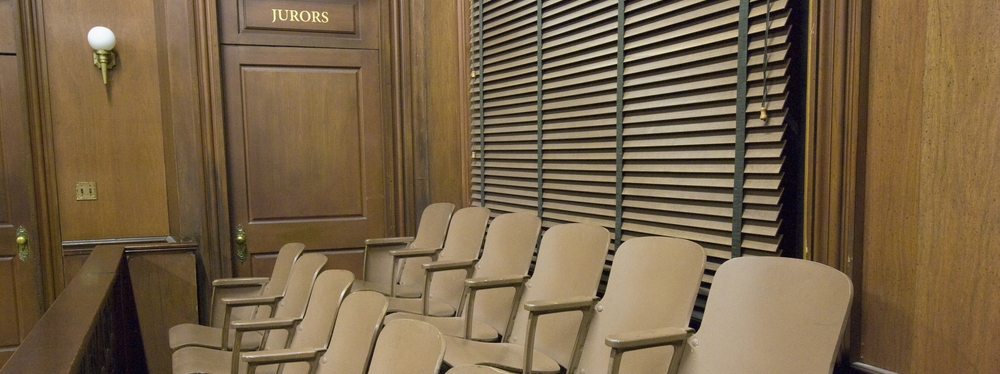

Talk Is Cheap: The Misuse of 'Speaking' Indictments

I recently discussed the government’s use of “speaking” indictments and practical defense responses to them in ALM’s November 2016 Business Crimes Bulletin.
In white collar fraud, public corruption, and other high-profile cases, DOJ prosecutors often go well beyond the Fed.R.Crim.P. 7(c)(1) notice requirement of a “plain, concise, and definite written statement of the essential facts” and draft thick indictments advocating the government’s narrative by laying out:
- The regulatory schema surrounding the challenged conduct in conclusory language;
- Public policy rationales for the laws and regulations said to be violated;
- Alleged motives of defendants;
- Section headings and captions that advocate the government’s view; and
- The government’s inferences from alleged facts, “connecting the dots” for readers of the indictment, i.e., the press, jury pool, and the trial jury.
While there can be some positives for the defense – laying out the government’s evidence, theories, and arguments that otherwise might not become as explicit until trial – speaking indictments help tip the scales in the government’s favor at trial. At the front-end of prosecutions, they provide sensational content for jury–pool-tainting press releases and ongoing press coverage; at the back-end, if the indictment goes back with the jury during deliberations, they afford the government a second, and this time ex parte, closing argument to the jury.
The deployment of speaking indictments should be circumscribed by the courts, contested by defense counsel, and re-examined by DOJ policymakers. As the U.S. Court of Appeals for the D.C. Circuit put it: “Despite the all too common use of ‘speaking’ indictments, the function of a federal indictment is to state concisely the essential facts constituting the offense, not how the government plans to go about proving them.” United States v. Edmond, 924 F.2d 261, 269 (D.C. Cir. 1991)
Disclaimer: This post does not offer specific legal advice, nor does it create an attorney-client relationship. You should not reach any legal conclusions based on the information contained in this post without first seeking the advice of counsel.


